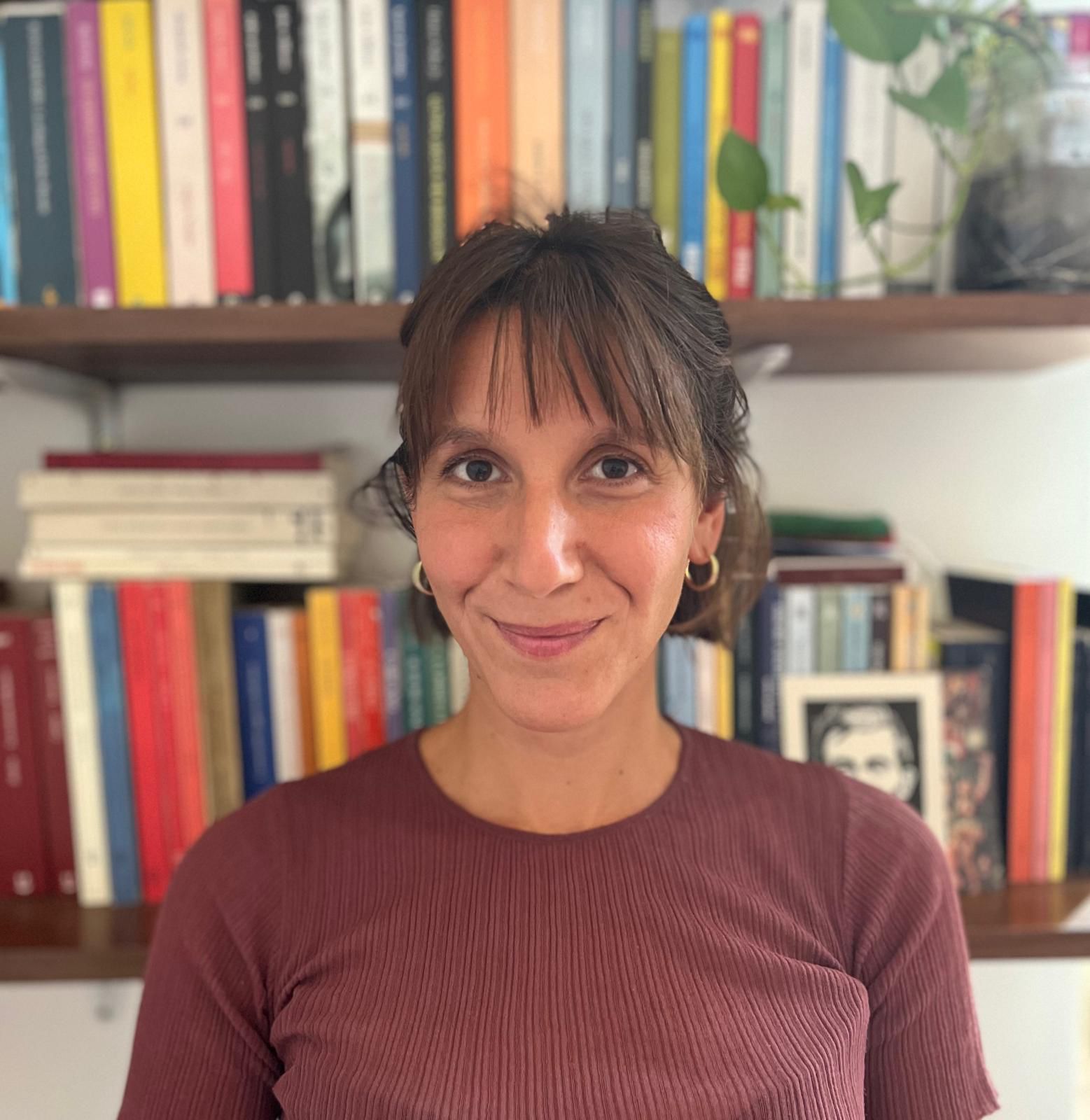Vicious Relational Circles and Chronic Couple Conflictuality: An Empirical Study
Autori
 Fiorenza Eleonora
Fiorenza Eleonora Crisafulli Valeria
Crisafulli Valeria Carpentieri Renato
Carpentieri Renato Clarissa Di Filippo
Clarissa Di Filippo Mannocchi Camilla
Mannocchi Camilla Rodomonti Martina
Rodomonti Martina Rosi Laura
Rosi Laura Gazzillo Francesco
Gazzillo FrancescoAbstract
The study aims to empirically assess the control-mastery theory hypothesis that considers chronic couple confictuality as the repetition of relational vicious circles—that is, interactions where both partners test their pathogenic beliefs and fail their reciprocal tests, confrming their reciprocal pathogenic beliefs. In addition, the study aims to verify if interpersonal guilt is more activated during couple conficts. Our study involved 11 couples treated by four experienced therapists and nine trained, independent judges who, after reading verbatim transcripts of the couples’ psychotherapy sessions, used the Patient Scale of Couple Testing (PSCT), and the Patient Interpersonal Guilt Rating Scale (PIGRS) to rate segments of couple sessions. The results were obtained by applying generalized estimating equations and confrm our hypotheses: we could observe a greater presence of testing activity and confrmation of pathogenic beliefs in segments classifed as confictual for both partners and a stronger presence of interpersonal guilt in confictual versus nonconfictual interactions. These fndings support the idea that confict interactions can be seen as failed attempts by both partners to disconfrm their pathogenic beliefs.



